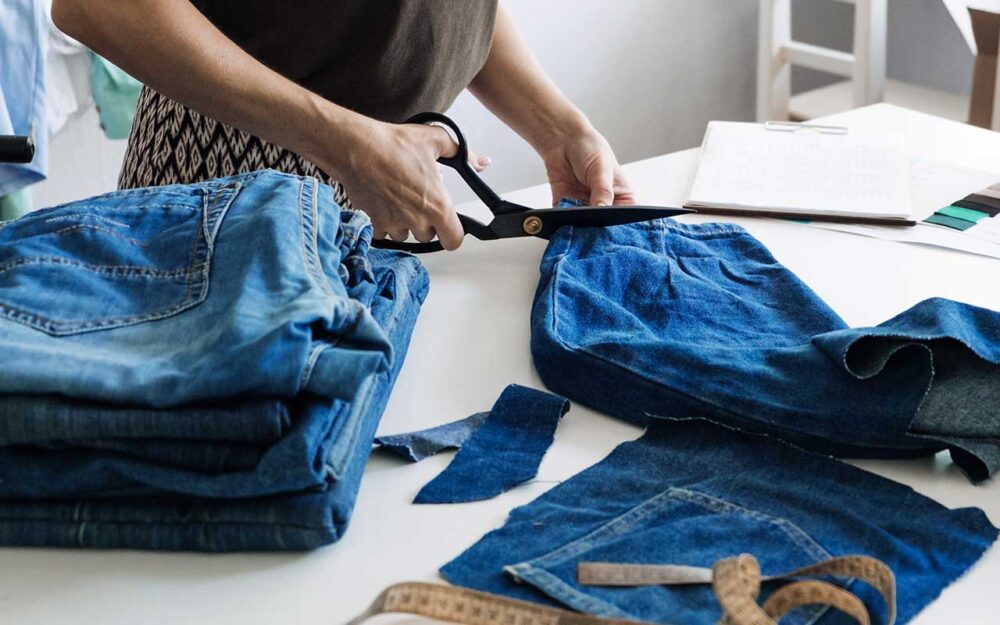The realm of retail has undergone considerable changes over the past few decades, with shifts in consumer expectations and technology transforming the industry at a remarkable pace. One such transformation that warrants attention is the rise of the circular economy, an economic system aimed at eliminating waste and promoting the continual use of resources.
The circular economy, at its core, is about “closing the loop” of product lifecycles. It redefines the traditional linear “take-make-waste” model of production and consumption, striving to maintain the value of products, materials, and resources in the economy for as long as possible, and minimising waste. It operates on the principles of designing out waste and pollution, keeping products and materials in use, and regenerating natural systems. The transition to this model implies a radical reshaping of our consumption patterns and production processes.

In the context of retail, circular economy strategies manifest in various forms: from reselling or refurbishing used products, to offering product-as-a-service or creating products from recycled materials. More and more retailers are seeing the circular economy not just as a social responsibility but also as a catalyst for innovation and growth.
UK retailers have started adopting circular economy strategies to improve sustainability and cater to a consumer base increasingly concerned about environmental issues. Leading UK fashion retailer H&M has introduced a garment collecting service where customers can drop off unwanted clothes and textiles, regardless of their brand or condition. These are then reused, recycled, or used to produce energy. Such initiatives not only prevent material waste but also give materials a new lease of life and potentially open new revenue streams.
In a different sector, IKEA, the home furnishing giant, launched its buy-back initiative in the UK, encouraging customers to sell back their gently used IKEA items in exchange for store vouchers. This model not only promotes product longevity but also introduces a new form of customer engagement.
Yet, the question lingers: Will retailers see the returns on their circular investments? According to The Ellen MacArthur Foundation, Millennials and Gen Z are one of the strongest drivers of this movement and within this group, an estimated 74% prefer buying from ‘conscious brands’ and are willing to pay more for a product that offers complete transparency. Moreover, retailers adopting circular practices are positioning themselves favourably in an increasingly eco-conscious market, thereby ensuring customer loyalty and fostering brand value.
The future of circular retail, though promising, is not without challenges. Data shows that the retail supply chain currently contributes to 25% of greenhouse gas emissions (GHG) globally. The biggest hurdle lies in the scalability of these operations and the need for systemic changes to support the circular economy. To truly go circular, collaboration is needed across the supply chain, from designers and manufacturers to retailers and consumers. The implementation of supportive regulatory frameworks, infrastructural developments for collection and recycling, and consumer education about responsible consumption also play a significant role in realising this paradigm shift.
While the transition to a circular economy requires a significant overhaul of existing systems, the potential returns – in terms of economic benefits, resource savings, and environmental impact – make it a compelling proposition. As we move forward, retailers will not only see the returns but will also contribute to a more sustainable and resilient economy.
In the face of global climate change and resource scarcity, the circular economy offers a solution that aligns profitability with sustainability. The time is ripe for retailers to move away from linear models and embrace circular principles, thus setting the stage for a revolutionary change in the retail industry.
















